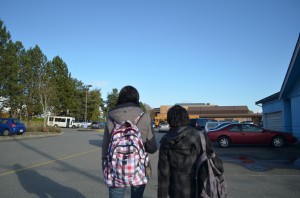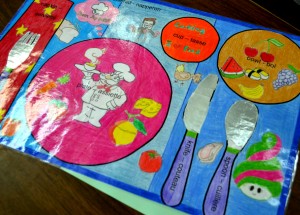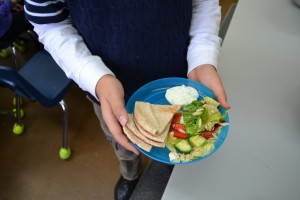Group 4 – Richmond Food Security Society – Mapping Low Income Areas with Community Meals and Kitchens
After analyzing their results, group 4 has now come up with their project conclusion for mapping out Richmond’s low-income areas with corresponding food aid service outlets. The team found that the most food banks and alike services were concentrated centrally – where the highest population density is and therefore the highest amount of food insecure residents. This result was also found in North-eastern Richmond. Group 4 defines these results as spatial strength– where the need of food aids meets the demand in a close proximity.

There were, of course, some downfalls in spatial strength in these areas. One food bank is located in an inconvenient area where there is very low demand. Spacial gap is where the outreach of food aid does not meet the demand. One such area is Steveston and West Richmond, where the team found a high food insecure population and nearly no services offered.
Group 4 has brainstormed some reasons for the spacial gaps observed and suggest that there are no suitable facilities at an affordable lease price in those particular areas. And one thing that the team would like to see more of is more nutrition and cooking classes offered for that particular demographic.
This teams efforts will certainly have use to the City of Richmond’s future food security as it aims to tackle food insecurity.
Kat.


